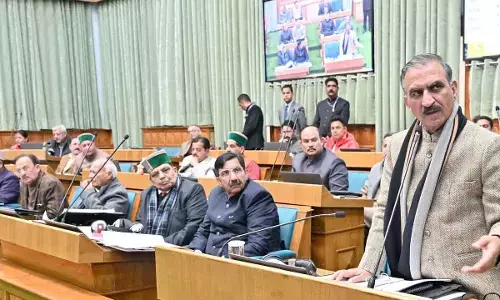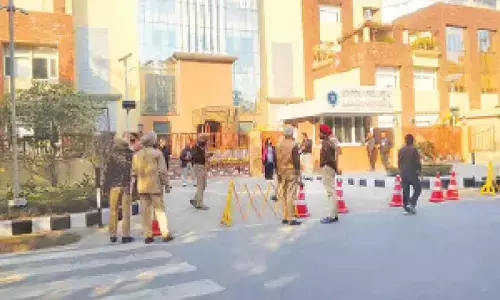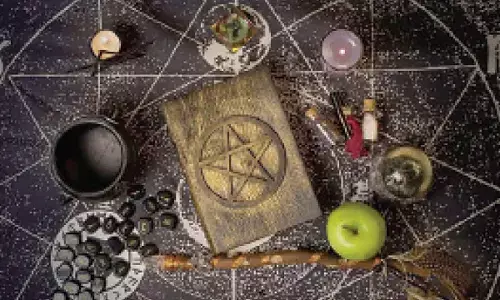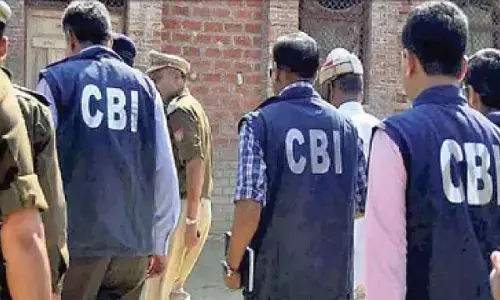Australians vote in tightly-contested federal election
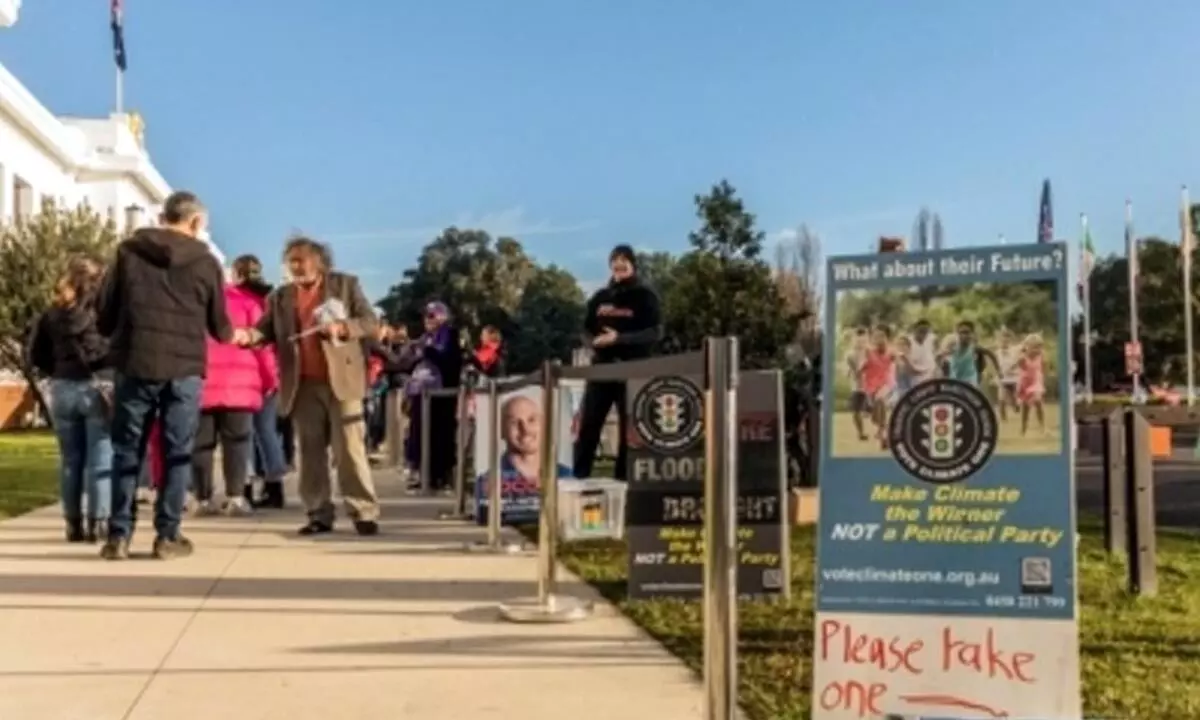
Australians vote in tightly-contested federal election (Photo/IANS)
Voting for Australia's federal election is underway on Saturday, where either the ruling Liberal-National Coalition or the opposition Labor party need to garner a majority in a close-run contest to form the new government.
Canberra: Voting for Australia's federal election is underway on Saturday, where either the ruling Liberal-National Coalition or the opposition Labor party need to garner a majority in a close-run contest to form the new government.
More than 8 million Australians are expected to cast their ballots at more than 7,000 polling booths across the country, according to the Australian Electoral Commission (AEC), and a record number of voters have already cast their ballots prior to the election day, reports Xinhua news agency.
Voting started at 8 a.m. on Saturday morning and will end at 6 p.m. when the counting votes will start.
In order to form a majority government, either the Coalition or the Labor must win at least 76 out of 151 seats in the lower house of Parliament -- the House of Representatives.
According to Australia's opinion poll Newspoll published on Friday night, Labor leads the Coalition 53-47 on a two-party preferred basis.
Prime Minister Scott Morrison and Labor leader Anthony Albanese were tied in their personal battle, with 42 per cent of respondents picking each as their preferred Prime Minister.
The poll found that 36 per cent of voters intend to vote for the Labor as their first preference and 35 percent for the Coalition.
If neither the Labor nor the Coalition wins enough seats to form a clear majority, the election result will be declared a "hung parliament".
In that case, both Morrison and Albanese will enter negotiations with minor parties and independent MPs seeking their support to form a minority government as the Labor did in 2010.
It is mandatory for all Australians aged 18 and over to vote in the election.
According to the AEC, more than 17.2 million people, 96 per cent of eligible voters, have enrolled to vote this year.
Some of the key issues for voters include economy, unemployment, climate change, trust in leaders, healthcare and education.
Morrison, who became Prime Minister in 2018, is the first Australian leader to serve a full term in office since John Howard, who won four elections before losing to Labor's Kevin Rudd in 2007, according to a BBC report.
He has led Australia through a period dominated by natural disasters and the Covid-19 pandemic, which was initially hailed as a success but was later criticised for inadequate planning.
Meanwhile, Albanese, one of Australia's longest-serving politicians who was briefly Deputy Prime Minister under Kevin Rudd in 2013, is campaigning for change and has promised voters a "safe change".



